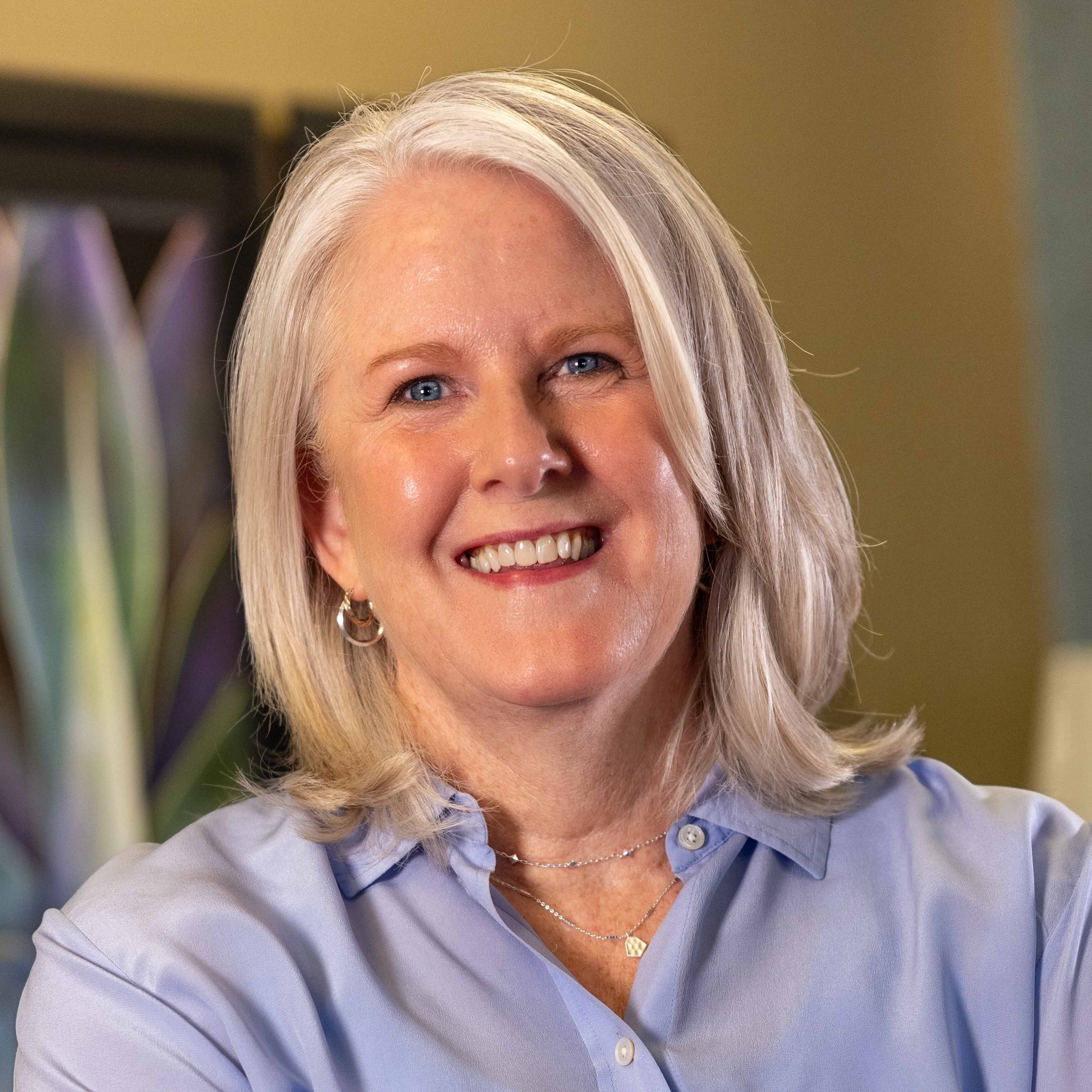As Boomers, helping our parents out in their elder years or remembering them wistfully, we start to realize that we are becoming the next oldest generation. It was a shock the last time I was at a family reunion to realize I was among the oldest people there. Many of us have graduated to be the matriarchs and patriarchs of our families.

And in the next beat, we realize our turn to pass on our assets is coming. According to Cerulli Associates, over the next 25 years $68 trillion of assets will transfer from Boomers to heirs and charity. How do we ensure our personal assets transfer to the next generation in a prudent manner?
Consider who your inheritors are and develop an appropriate estate plan
Are your inheritors charities, your children, or a combination? If your children will inherit, are they astute about money? Are they mature and able to look to the future, or do they just live for the moment? Will it make sense to leave assets to them directly or would it be more sensible to leave assets through a trust?
If you leave your assets to both charities and your children, it may make sense to leave some of your retirement account money, such as an Individual Retirement Account (IRA) or 401k, to charity. Then you may consider leaving any non-qualified assets, such as your home or investment accounts to your children. If your children inherit a retirement account, they will have to pay income tax on withdrawals whereas the charity does not. If the children inherit the house and investment account, they generally inherit those tax free.
Do you worry that your children might mishandle or blow through their inheritance? If so, you might consider setting up a trust for them. A trust allows you to transfer assets in a thoughtful controlled manner and allows you to sidestep some of the concerns of an uneducated or spendthrift child inheriting directly.
Plan for your own elder years and communicate your desires to your family
Most of the time, when I ask my clients how their parents are set for their elder years, they say they have no idea. This can cause anxiety because they don’t know if they will need to help their parents out or not.
The Boomer generation may be able change this pattern. The first step is to plan for your elder years. Do you want to age in place? Would you prefer to move to a continuum of living arrangement to enjoy a greater social life and access to care as needed? If aging in place and round-the-clock care is needed, this could potentially be more expensive than moving to a care facility. Consider how you will pay for your desired option.
The next step is to communicate your desires to your children and assure them you have the funds to manage your plan. If you don’t have the funds, now would be a good time to work out as a family how to manage your elder years.
Teach your children about money
A Tiaa Cref study found that 50 percent of millennials surveyed had low or very low financial literacy, answering only up to 44 percent of questions correctly. Unless your children have a moderate to high level of financial literacy, you may not be comfortable leaving money to them outright.
As a Christmas gift from my kids, I request two hours of their time so I can teach them financial topics. A few years ago, I realized that even though they grew up with a financial advisor as a mom, they didn’t absorb the information I was teaching them in high school because it wasn’t relevant. Now that they are out of college, we find financial information is not only relevant but desperately needed.
What do you teach them? Teach them about your values and your philosophy of life. This informs how you manage money and is a great foundation for the money discussions.
What about money do you teach them? When my daughter was graduating from college, she had me meet with a group of her friends for an hour. Our discussion revolved around taxes. The group was desperate to know how income and payroll taxes work and the effect on their paycheck. In our Christmas gift discussions, we are covering emergency funds, savings rates, compound interest, retirement accounts and how taxes work with each of those items. Future discussions will evolve around investments, the difference between stocks and bonds, mutual funds and tax and costs for each.
Let them know where they can find everything when you’re gone
In your will, you can appoint a personal representative to take care of your estate when you are gone. You can also appoint a trustee to manage your trust. To make this go smoothly, tell your appointed people where everything is located to manage your estate.
Let them know what to expect
When you feel the time is right, perhaps after you’ve determined your aging plan, taught your children about money and finance, and you’ve let them know where to find everything, tell them what to expect when you are gone.
Perhaps you are leaving them money outright. Perhaps you are leaving everything to a trust. Or maybe you are using a combination. Whatever you choose, let your kids know why you’ve arranged things the way you did. Here is another opportunity to convey your values to them.
In terms of the dollar amount, you may wish to translate that into specifics so they can understand what that means to them in practical terms. For example, if your child is expected to inherit one million dollars, you can help advise them how this could translate to an income over a certain amount of time.
Get help
The great wealth transfer becomes personal when you drill it down to your assets and your family. If you would like to smoothly transfer your assets to astute beneficiaries in the most tax efficient and non-complicated manner, reach out for help. Your CPA can advise you on tax implications of inheriting assets. Your Financial Advisor can help you develop an aging plan and may also assist in educating your children about money. An estate planning attorney can help you devise a plan that works best for you and your family. Utilizing a team of competent professionals to develop your asset transfer plan can be one of the best gifts you can give yourself and your family.




